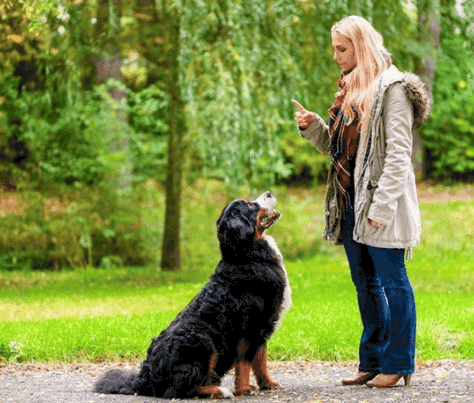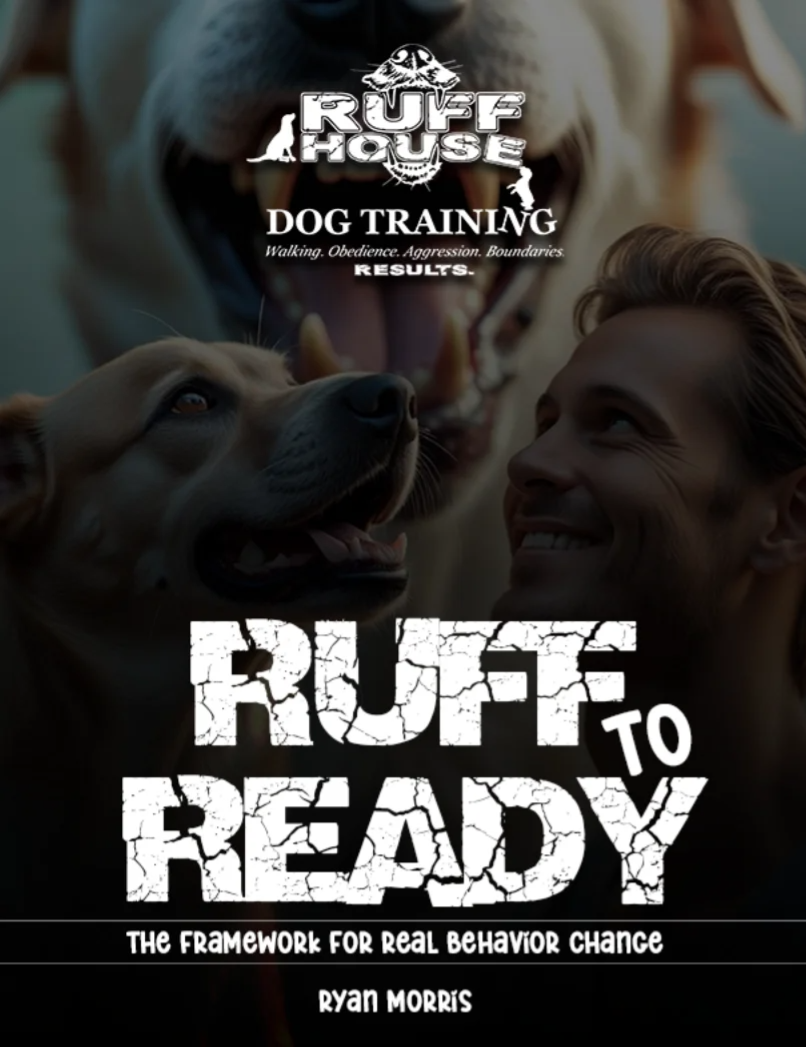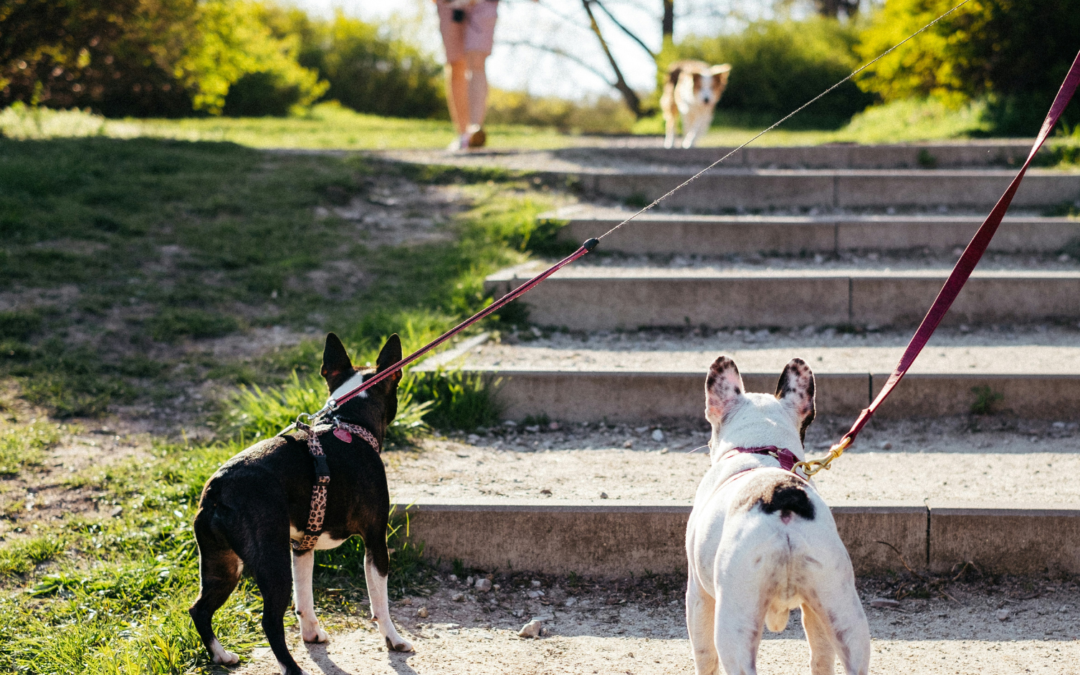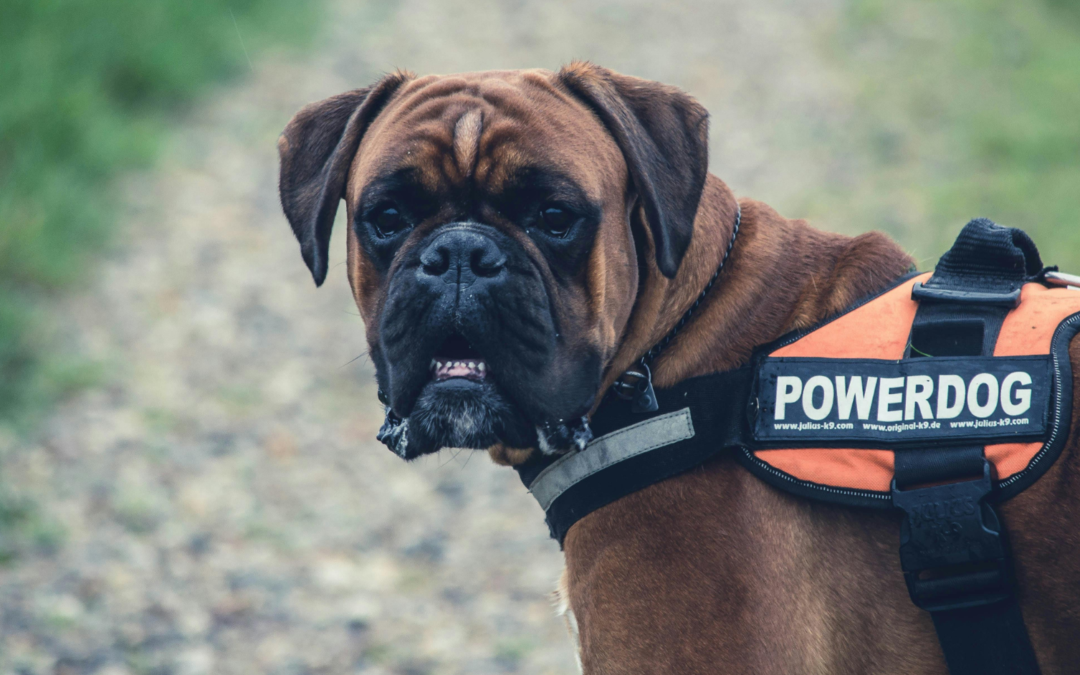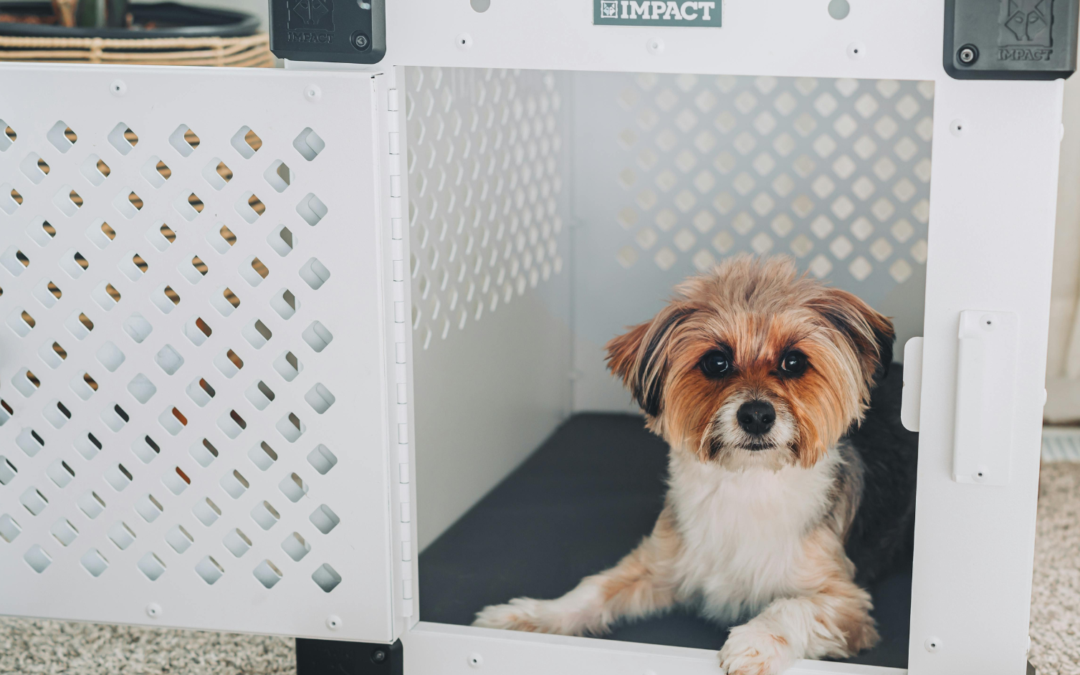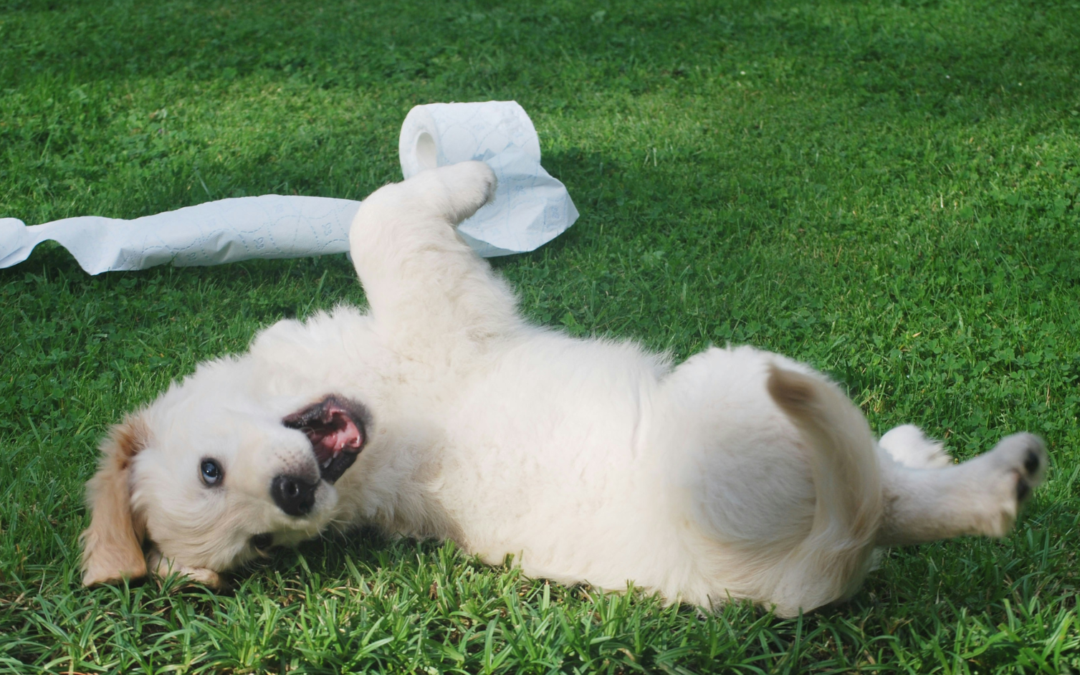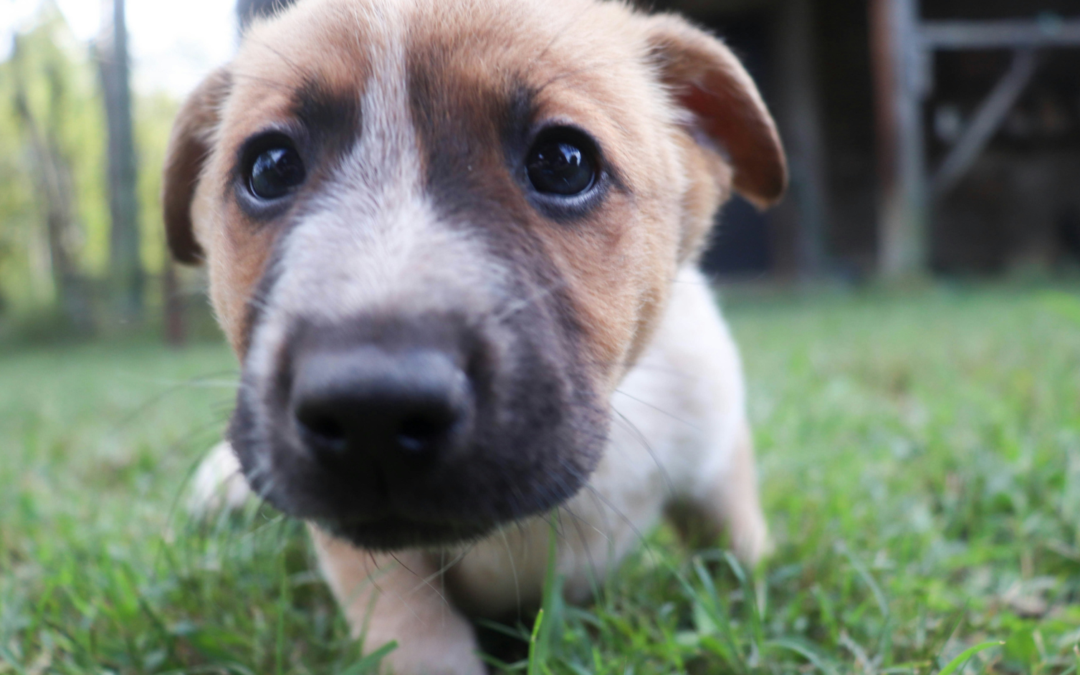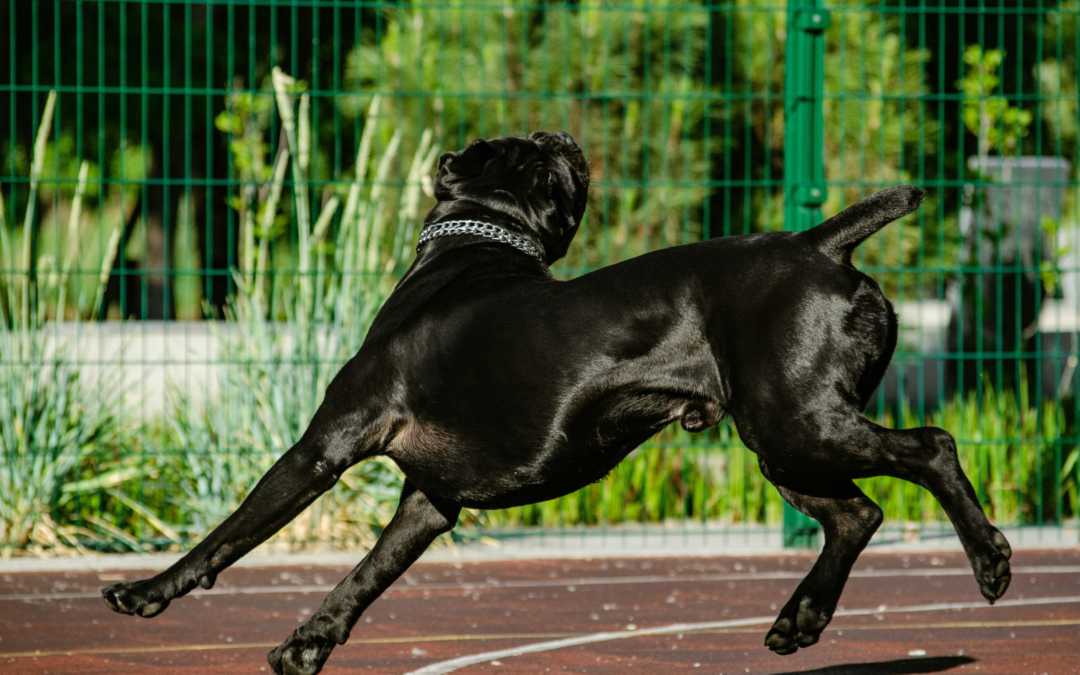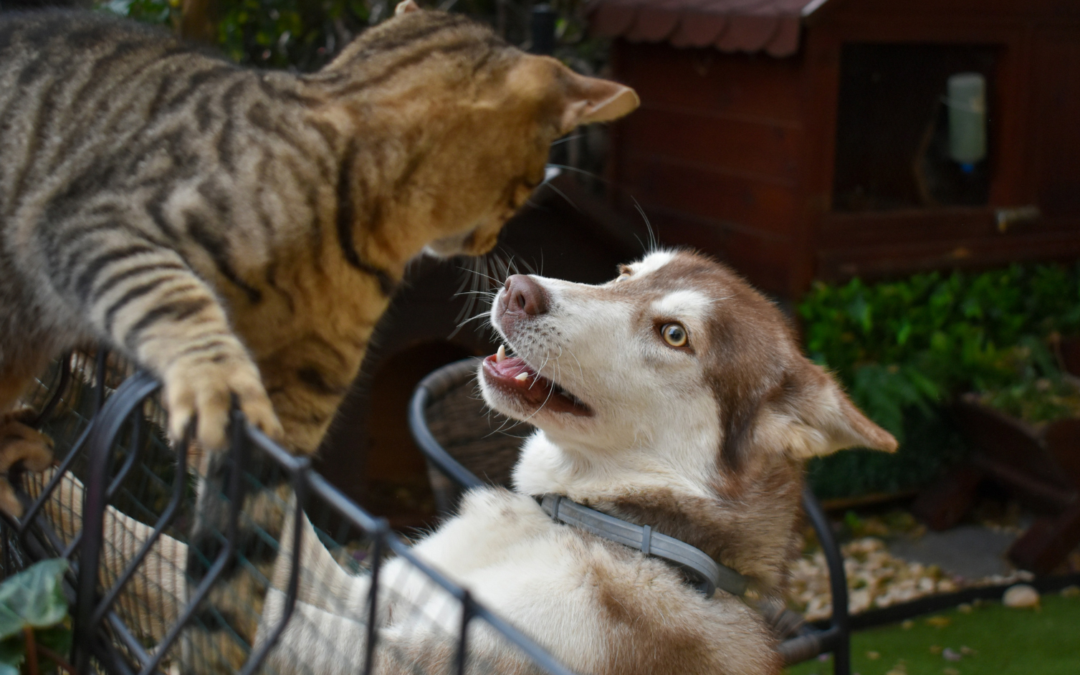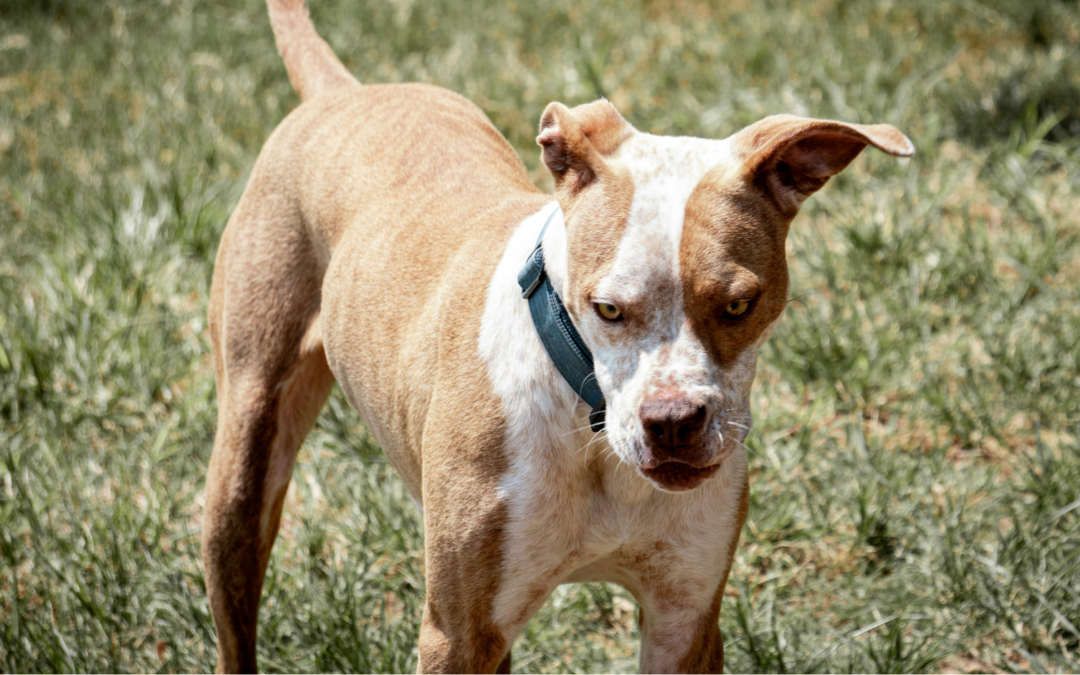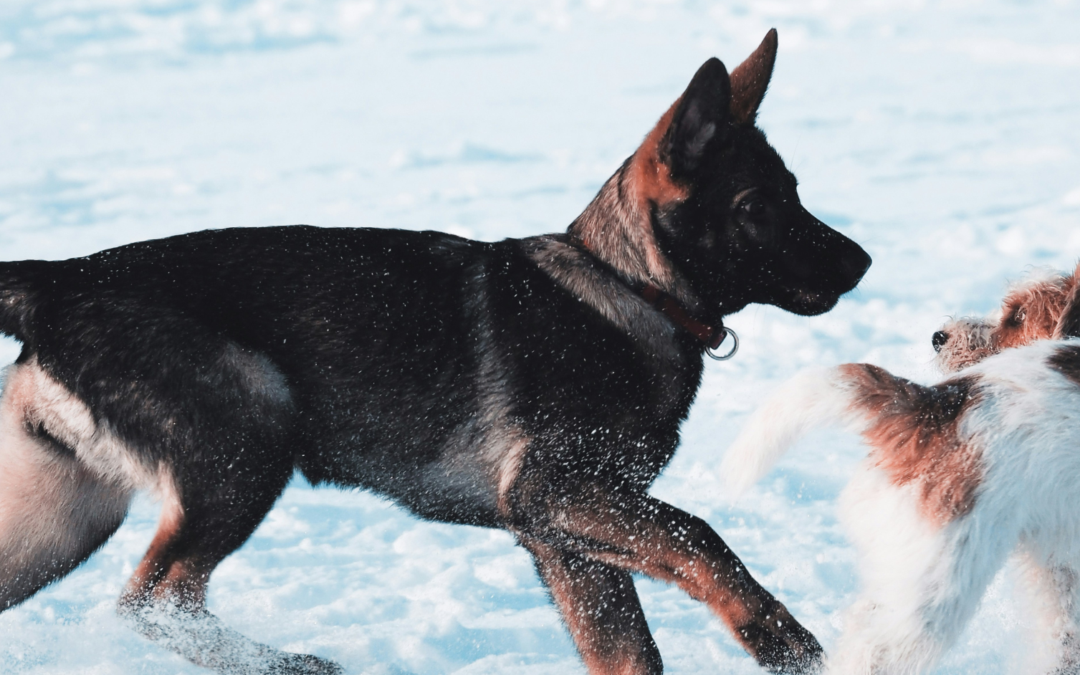Reasons Why You Should Train Your Dogs
Individuals used to believe that dog training was about showing hounds directions imbued with obedience, for the most part using ponderous discipline-based strategies. It was seen as fairly an extravagance for pet guardians and was regularly wrongly viewed as something so direct and easy to accomplish that anybody could do it all alone without the assistance of an expert.
Every dog breed is different and they view the world differently than us. They impart uniquely in contrast to we people do, and a significant number of their typical practices are counter to our own. When we bring a canine or little dog into our homes and our lives, we are soliciting them to change much from what is rational about their reality.
We not just need to show them how to fit in yet additionally instruct ourselves about their necessities so we can figure out how to oblige them and modify our desires to make an ideal circumstance for the two species of dogs and human. On the off chance that we don’t set aside the effort to train our pooches and teach ourselves we will both be disappointed and not so cheerful as we could be.
That notion does at present exist to a certain extent. Dog owners are starting to perceive that even though the calling of dog training isn’t controlled, there is some of the time life-sparing an incentive in finding the ideal mentor to help point them and their mutts the correct way and give truly cardinal direction.
Here are the reasons why you have to train your dog:
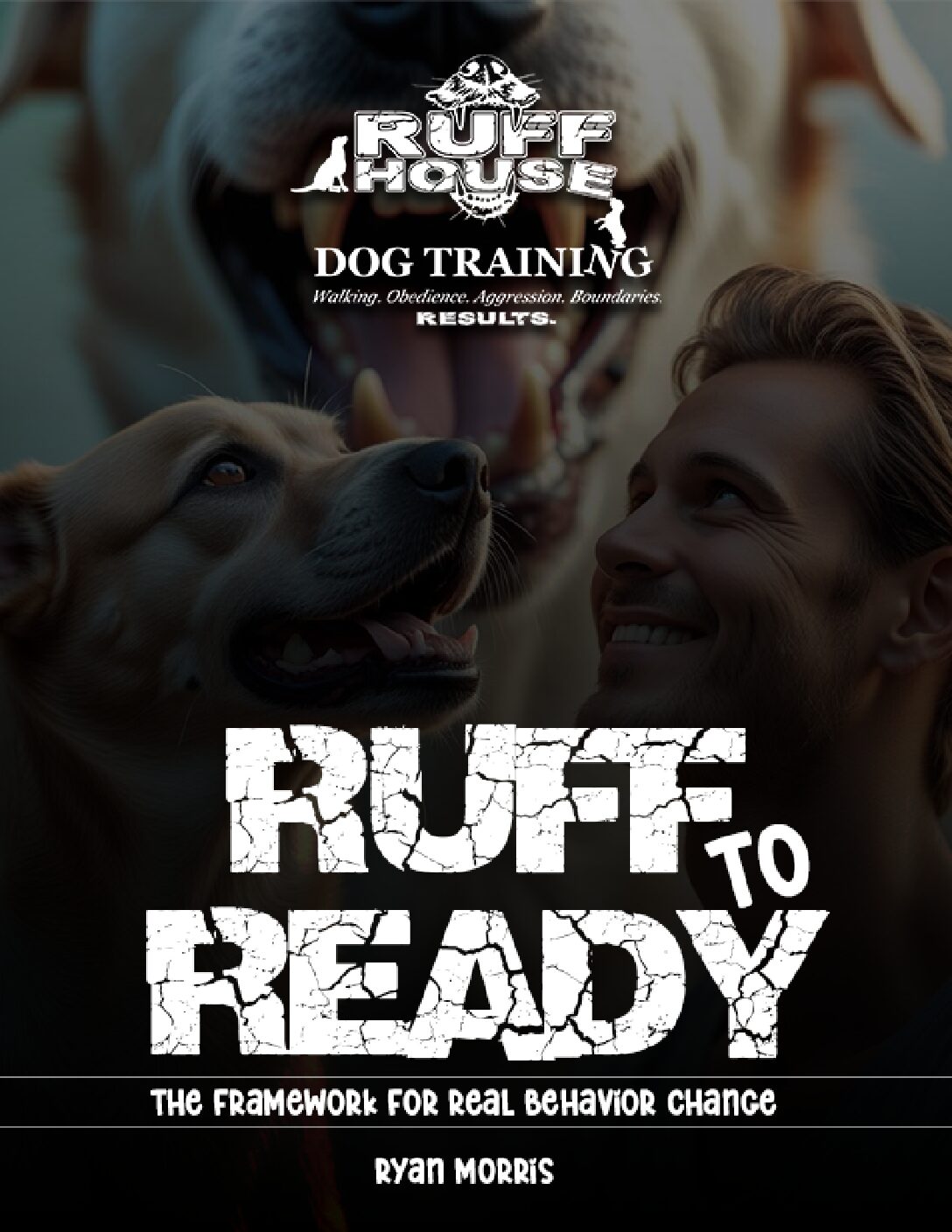
Get the Ruff to Ready framework and start making progress with your dog today.
"*" indicates required fields
To Create a Positive Relationship
A standout amongst the ideal approaches to assembling a more beneficial association with your pooch is to see how your puppy learns and utilize the standards of positive training to make learning as fulfilling, practical and straightforward as could be expected under the circumstances. Reformatory coaches trust that so as to accomplish supposed “balance” with your canine companion, you should initially instruct her who is the supervisor by turning into her “alpha.” This methodology is bound to come up short from the beginning because the techniques used to build up this official status are physically and mentally harming to your puppy and risky for you.
Positive training, which rewards and rouses a canine for ethical conduct, enables you to encourage an association with your pooch dependent on common trust and regard rather than dread and terrorizing. The best instructors are the individuals who can impact conduct in their canines without the utilization of power and humanely work through any issues. Pooches that are trained to utilize uplifting feedback strategies are progressively tolerant, self-controlled and carry on significantly more typically in various circumstances.
For Their Good and Safety
The better you can control your pooch with voice directions, the better you can ensure her when over the top. A doggy that jolts when off the chain is substantially more prone to keep running before a vehicle or to slip out the front entryway before you’re trained to leave.
Likewise, should your canine companion at any point end up lost or should be put in a safe house, is very much trained improves the probability she will carry on well, or in the occasion it’s essential, be with another family.
Impart Important Life Skills
Each pooch needs to figure out how to live productively in a home situation. Residential puppies may appear to have a simple life contrasted with their wild partners, however living in a human world accompanies certain one of a kind weight. Showing your pooch fundamental aptitudes and giving her enough mental improvement and physical exercise will keep her from creating nervousness and different pressure related practices, for example, damaging biting, unseemly yapping, and dynamic display. A critical piece of the learning procedure is to set your puppy up for progress by dealing with her condition and making it simple for her to progress admirably. It starts with seeing how your puppy adapts in specific circumstances.
For instance, if your puppy is exceedingly social and adores new individuals coming into your home, instruct her to welcome without bouncing or overpowering your visitor as they enter. It restrains volatile conduct while as yet enabling her to appreciate the new individual’s arrival. If your puppy is watchful or frightful of unique individuals, ease the heat off her by putting her behind an infant door or in her very own room as they enter. This will help keep worried under control and your canine friend sincerely steady. Space is indispensably critical for dogs that are socially unpracticed or dreadful and dealing with your condition to decrease pressure guards.
To Avoid Problematic Behaviors
Training your canine develops a language of correspondence between you that advances security and solace. The additional time you contribute to showing your canine to live productively in a human world the more, you will maintain a strategic distance from issue practices that originate from the absence of comprehension. Sadly, numerous dogs end up being rebuffed for detrimental conduct that could have been maintained as a strategic distance if time was taken to help them learn. Many dogs react well to prompts, for example, sit and remain in the classroom, yet stay ill-equipped to manage life’s pressures in reality. Ensure that each prompt or activity has a reason behind it.
Dog Training Facilities
Great pooch training educators perceive that singular understudies may adapt unexpectedly. Some adjust best by perusing, some by watching and some by doing. The best classes will give you abundant composed guidelines, an exhibit of how the educator would train the conduct, and afterward an open door for you to rehearse the manner while the teacher watches and helps you. Also, group classes structure a sufficient social capacity, giving a chance to the little dog and canine gatekeepers to share dissatisfactions and all the more essentially triumphs. They additionally meet a piece of the puppies should be associated with other dogs and people.
When to begin the preparation?
The best time to begin training a pooch is the point at which they are a youthful little dog, somewhere in the range of nine and four months of age. It is never past the point where it is possible to begin training. However, the earlier you start, the less demanding the training will be because neither you nor your canine friend will have procured negative behavior patterns which will require “untraining.”
Final Thoughts
Whether you like it or not, it’s very beneficial for you to train your dog because it will also benefit you in many ways. Make the right decision and start enrolling your little guardian into a dog training program so that they may be able to learn useful tricks, commands, and behavior that may come in handy in the future. Just like how we need to go to school to learn proper manners, they also need to learn from the experts just what it feels to be disciplined.
Allpets directory is a blog providing information on pet care, behaviors, tips, tricks, and reviews on pet-related products on the market.

